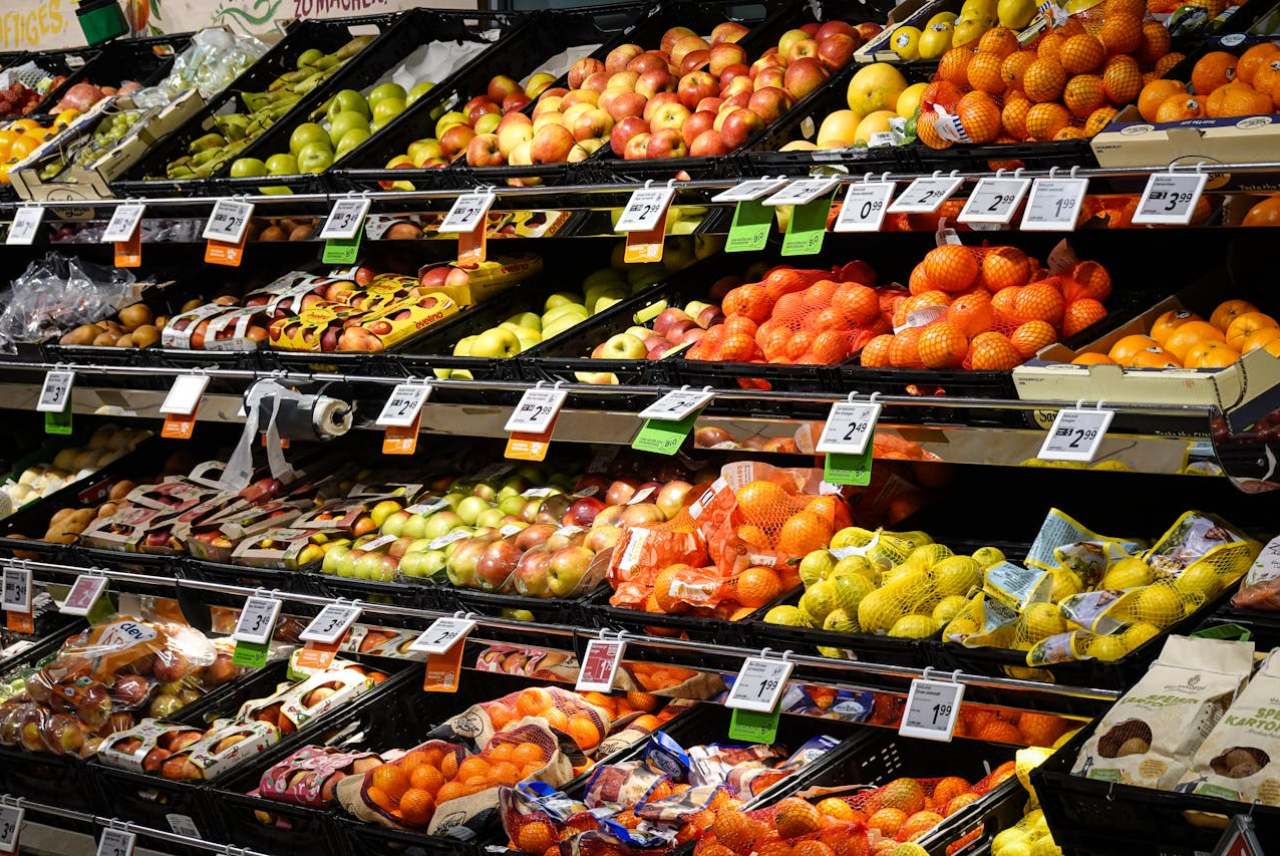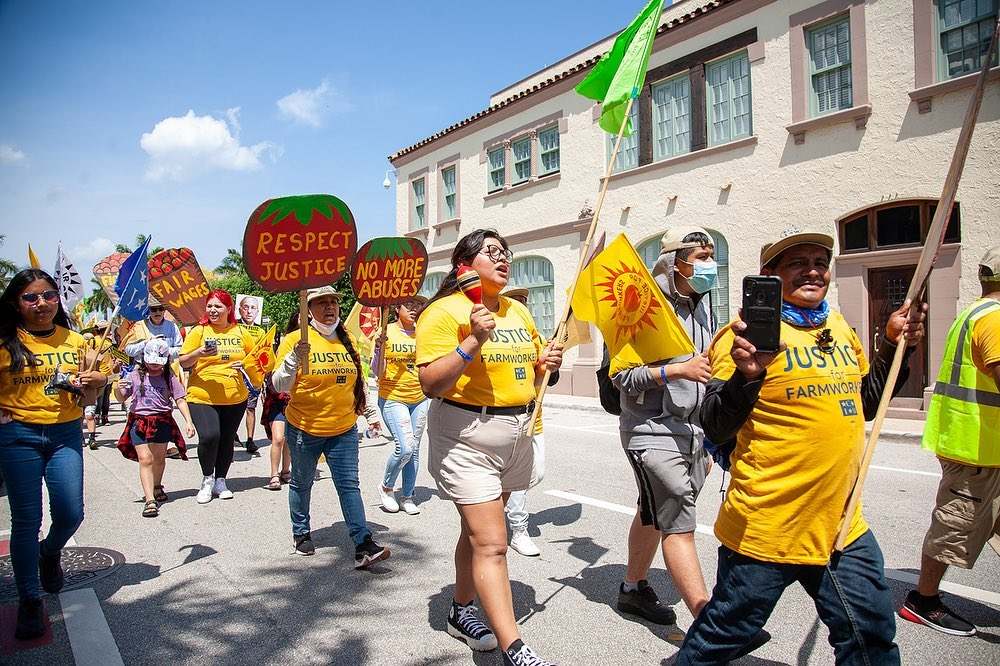What is it and who runs it: GLOBALG.A.P. is a voluntary certification scheme under which producers are assessed for compliance against a series of food safety, environmental impact and worker wellbeing standards. Audits are conducted on an annual basis by an independent and accredited auditor.
The standards are developed through a public consultation and “collaboration with representative stakeholder groups, including technical committees, focus groups, and others,” the GLOBALG.A.P. website said.
The scheme addresses workers’ rights through the GLOBALG.A.P. Risk Assessment on Social Practice (GRASP), a voluntary add-on for producers.
According to a response from GLOBALG.A.P. to Ethical Consumer’s Produce of Exploitation report, the add-on is not a certificate but an evaluation. It covers: “self-declaration on good social practices regarding human rights, working, contracts and hours, wages, no employment of minors.”
These annual assessments are conducted through document reviews, farm visits and worker interviews.
GLOBALG.A.P. is the operating brand of the company FoodPLUS GmbH, which was established in 2001 by a group of European retailers. FoodPLUS GmbH is now owned by the EHI Retail Institute, a German research, training and consultancy institute for the retail industry. The international EHI network includes Lidl and Aldi amongst its business members. The EHI Retail Institute also owns Appellando (see below).
Stated aims and activities: GLOBALG.A.P is a certification scheme, with a number of standards, including some covering plant production processes (fruit and vegetables and crops). Producers can choose to extend the scope of this certification with add-ons including around worker wellbeing.
The company said of its workers’ rights audits “The purpose of a GRASP evaluation [see above] is to record valid information on indicators of workers’ rights on farms so that operators can use this information to identify risks.”
“Implementation of GRASP requirements is checked through document reviews, farm visits and especially worker interviews.”
“The compliance with the ILO core labour conventions together with the policy on human rights complete the framework required from each GRASP assessed producer.”
Strengths: One of its aims is to help companies to “strengthen workers’ rights and develop a positive working environment in accordance with the International Labour Organization’s convention”.
The standards are developed in collaboration with a range of stakeholders including producers, and assessments are conducted by independent auditors.
Information from the audits can theoretically then be used by companies to address workers’ rights risks.
The most widespread certification solution is the GLOBALG.A.P. Integrated Farm Assurance (IFA) standard for fruit and vegetables. The IFA standard, which includes workers’ health, safety, and welfare topics, is adopted by nearly 200,000 producers worldwide. In Spain, almost 50,000 producers hold a GLOBALG.A.P. IFA certification.
Weaknesses: Compliance is monitored through auditing – Human Rights Watch and Partners for Dignity & Rights have warned that social audit processes are ineffective at addressing workers' rights issues. Self-evaluations and standard social audits have long been criticised as ineffective methods for addressing workers’ rights abuses (see SMETA entry for more on weaknesses of audits).
A key weakness of this scheme is its lack of binding enforcement mechanisms. Farms found to be breaching standards face a warning, followed by suspension of certification if they fail to address identified issues within 28 days. Suppliers that have not resolved identified issues after the suspension period will have their certification cancelled for at least 12 months.
The scheme is not fully independent of farms and supermarkets – it is run by a commercial enterprise that was established by a group of European retailers. According to the Spanish union SAT Almeria, abuses of workers’ rights have taken place on farms with GLOBALG.A.P. certification. In 2019, it told Ethical Consumer that farms provide auditors with “false information showing the payment of national insurance for workers and, in this way, avoid paying the minimum wage”.
GLOBALG.A.P. says, "compliance with the standards is independently reviewed by an integrity program…The GLOBALG.A.P. Secretariat strongly condemns any abuse of workers' rights and any social abuse. At the same time, we must emphasize the observation described is a criminal act that is outside the scope of all certification systems. Criminal acts fall under the jurisdiction of the law enforcement authorities.”


